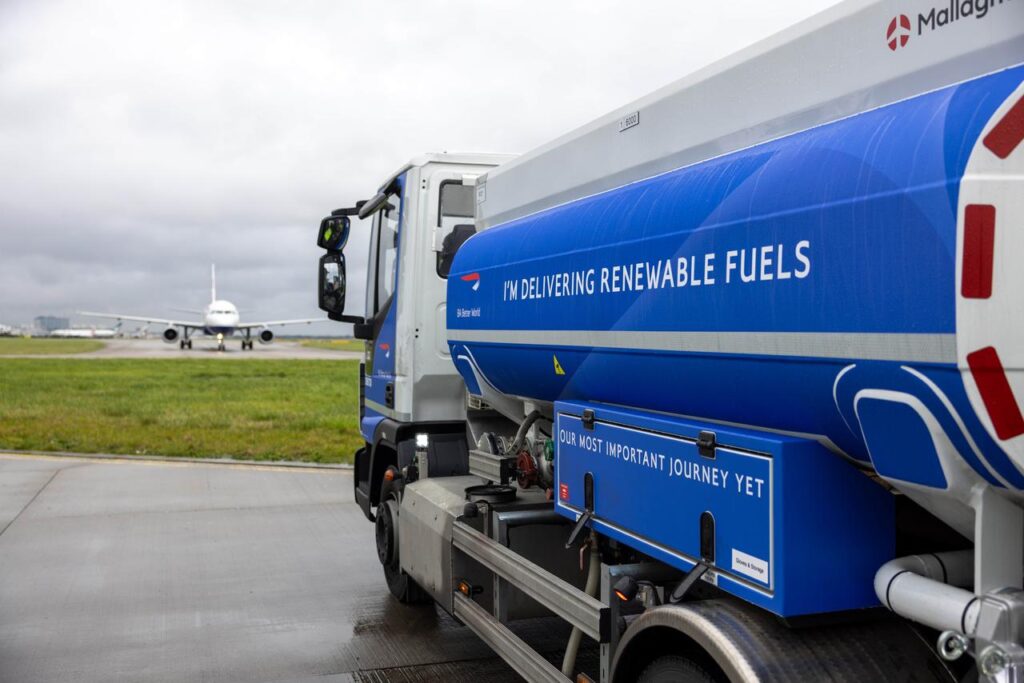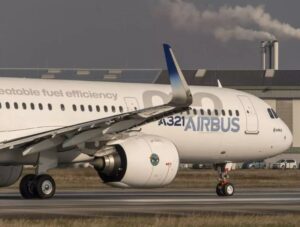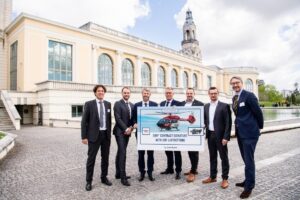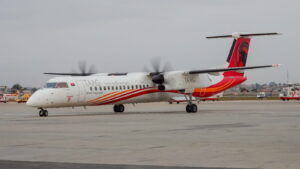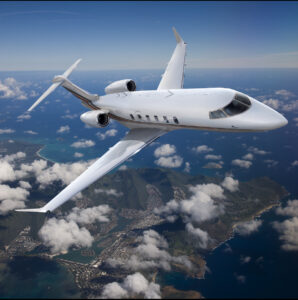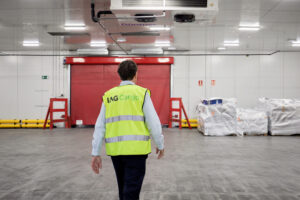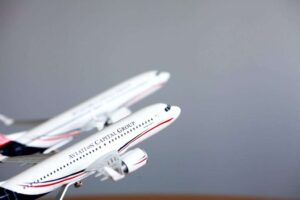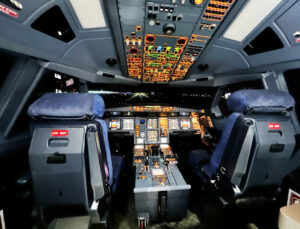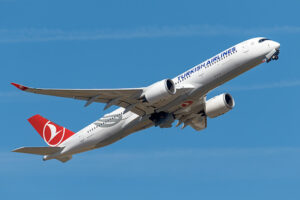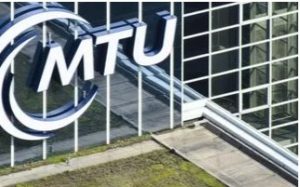British Airways is embarking on a multi-million-pound investment programme to overhaul its ground support equipment at Heathrow Airport, as part of its commitment to reducing emissions both in the air and on the ground. The airline will gradually be replacing its ground vehicles at Heathrow, such as vans and cars, cargo transporters and passenger steps, moving towards hybrid or electric alternatives where available. Already, more than 90% of British Airways’ vehicles and ground equipment at Heathrow are either zero-emissions electrical equipment when being used or driven, (hybrids) or are operating on hydrotreated vegetable oil (HVO) fuel.
Improvements include:
Replacing more than 750 pieces of ground equipment, including fuel bowsers from fossil fuel to HVO. HVO is an interim measure whilst the airline gradually transitions to zero-emissions (when being used or driven) or hybrid equipment. Supplied by the airline’s current SAF supplier, Phillips 66, the use of HVO is anticipated to save more than 6,000 tonnes of CO2 per year compared to traditional diesel fuel, the equivalent of more than 8,000 round-trip economy-passenger journeys between London Heathrow and JFK.
Replacing all diesel passenger aircraft steps with electric alternatives. This aims to reduce fuel consumption by more than 370 tonnes of CO2 emissions per year, based on previous diesel usage, which is the equivalent of more than 500 round-trip economy-passenger journeys between London Heathrow and JFK. Many of the electric steps will be in full service by the end of the year.
Phasing out its fleet of 20 diesel-powered vehicles which support the loading and unloading of cargo containers onto aircraft, replacing them with hybrid-electric models.
Introducing 135 new electric baggage tugs, accounting for 40% of the carrier’s tugs, to transport customer’s luggage. This improved battery and charging technology utilises highly efficient lithium-ion battery technology, requiring less energy and producing 30% less C02 when in use compared to traditional lead acid batteries. BA is working closely with its supply chain in order to recycle as many battery components as possible at the end of life.
Gradually phasing out all 38 diesel passenger buses over the next two years, with 23 expected to be fully electric and the remaining 15 operating on HVO fuel, with a large charging park at Heathrow now in the early stages of development. The use of these vehicles is expected to save 800 tonnes of CO2 emissions per year, helping to reduce negative air quality impacts around the Heathrow area.

